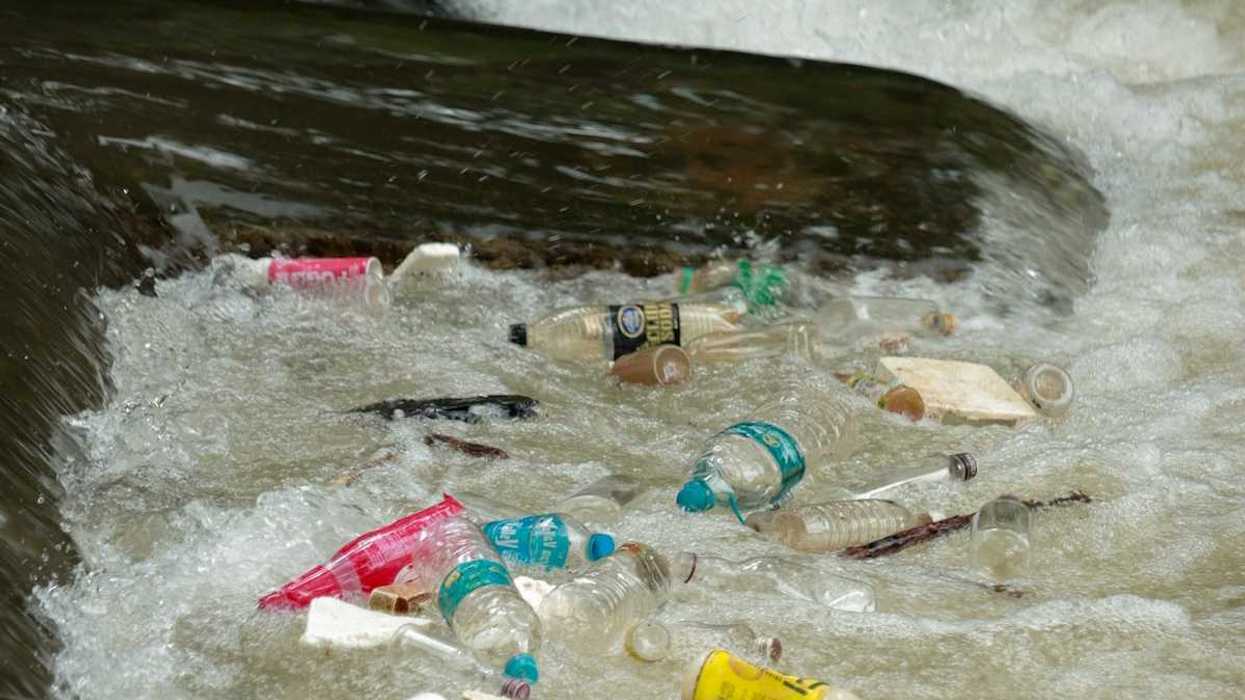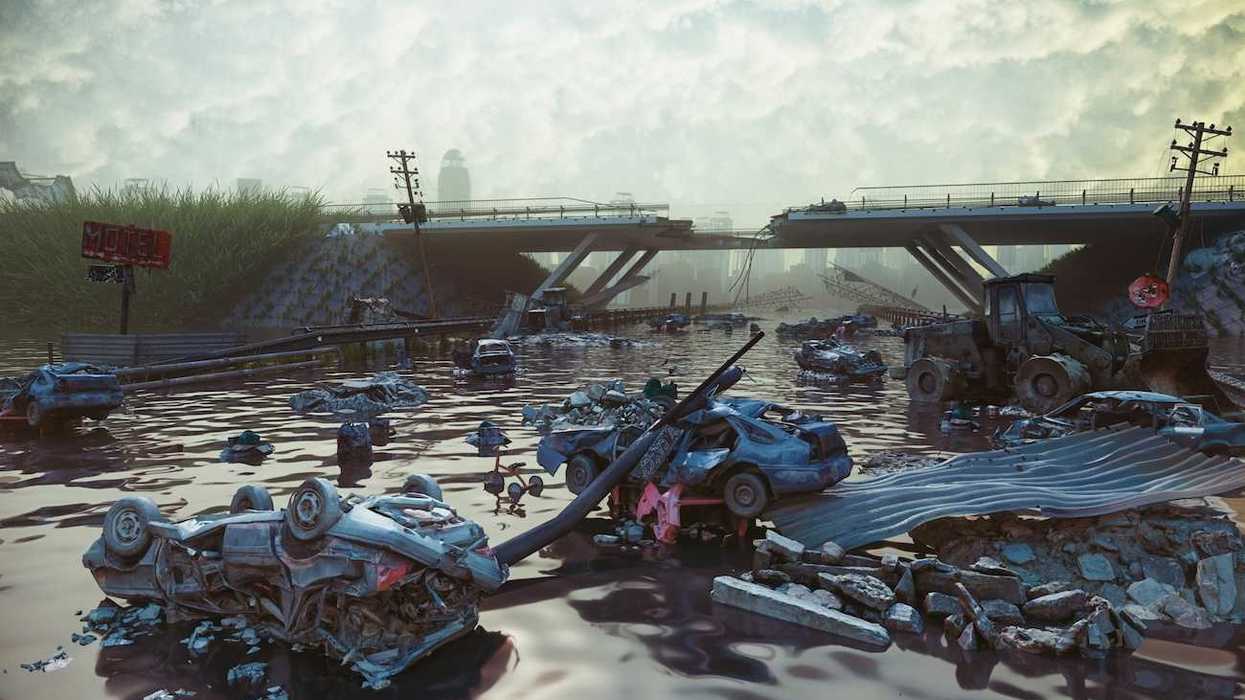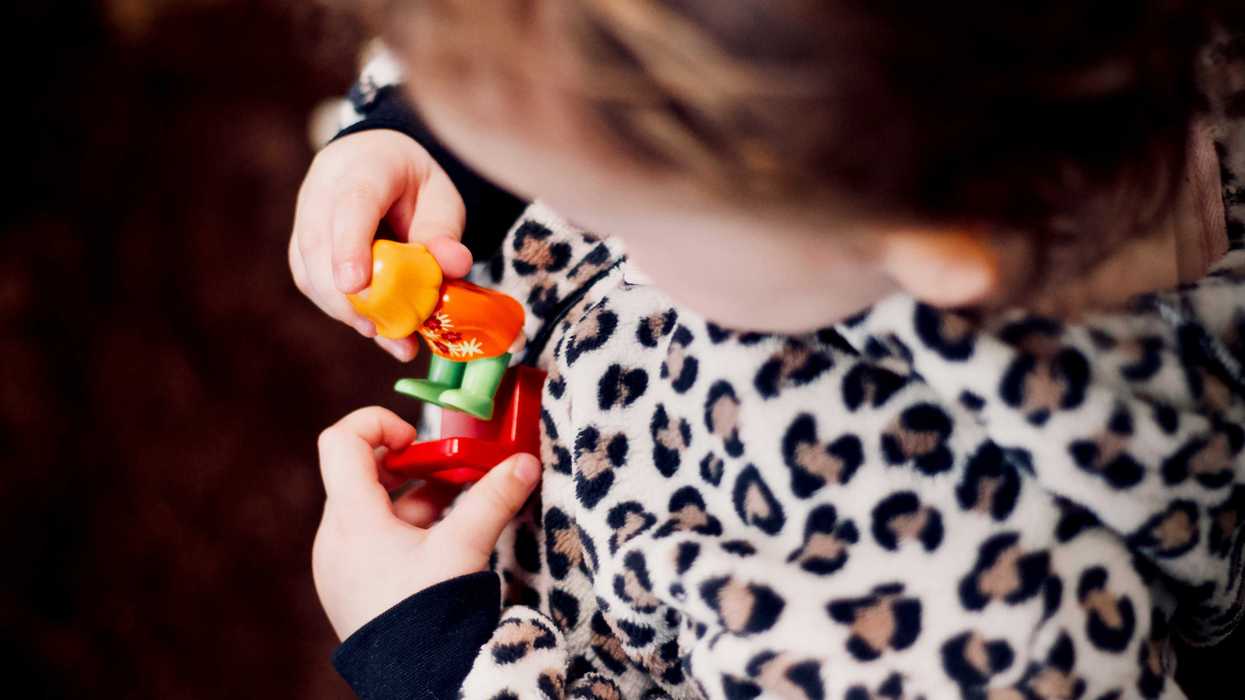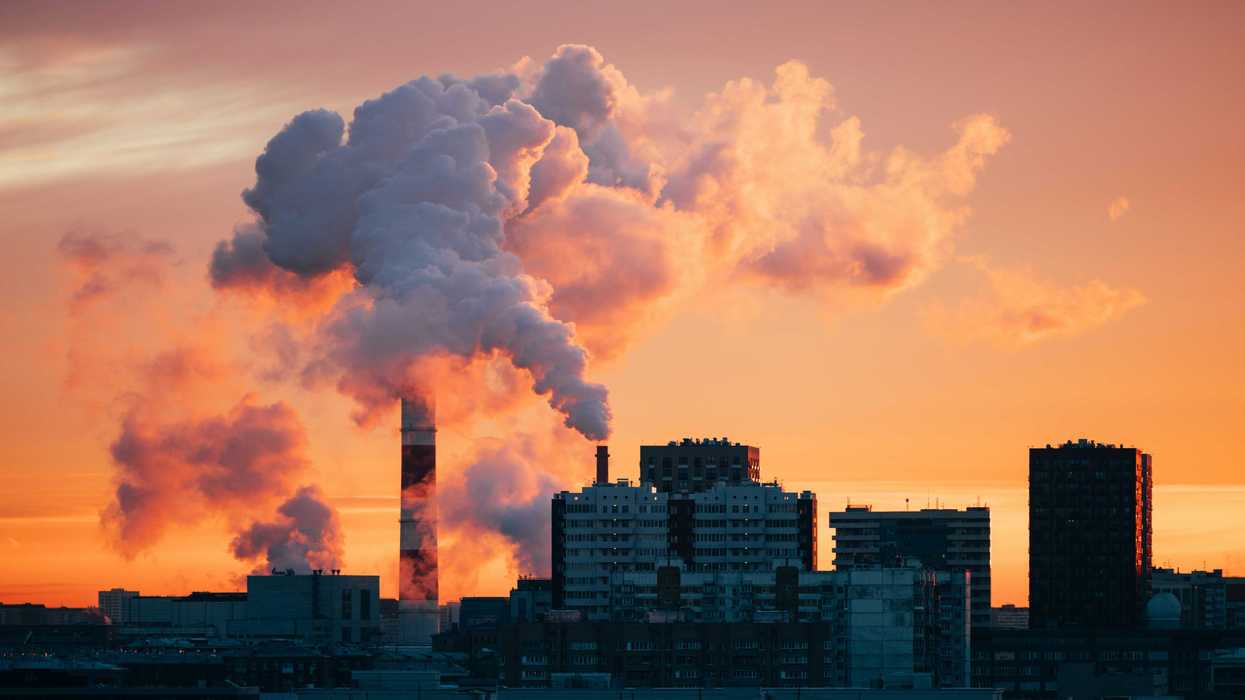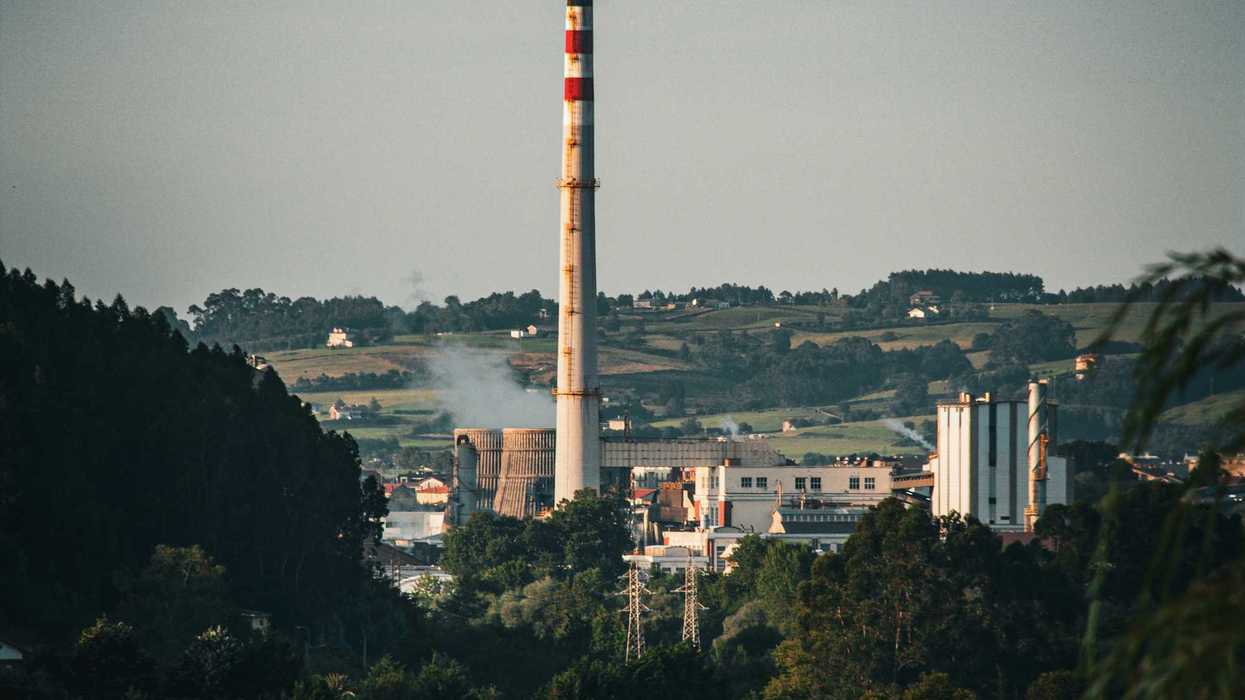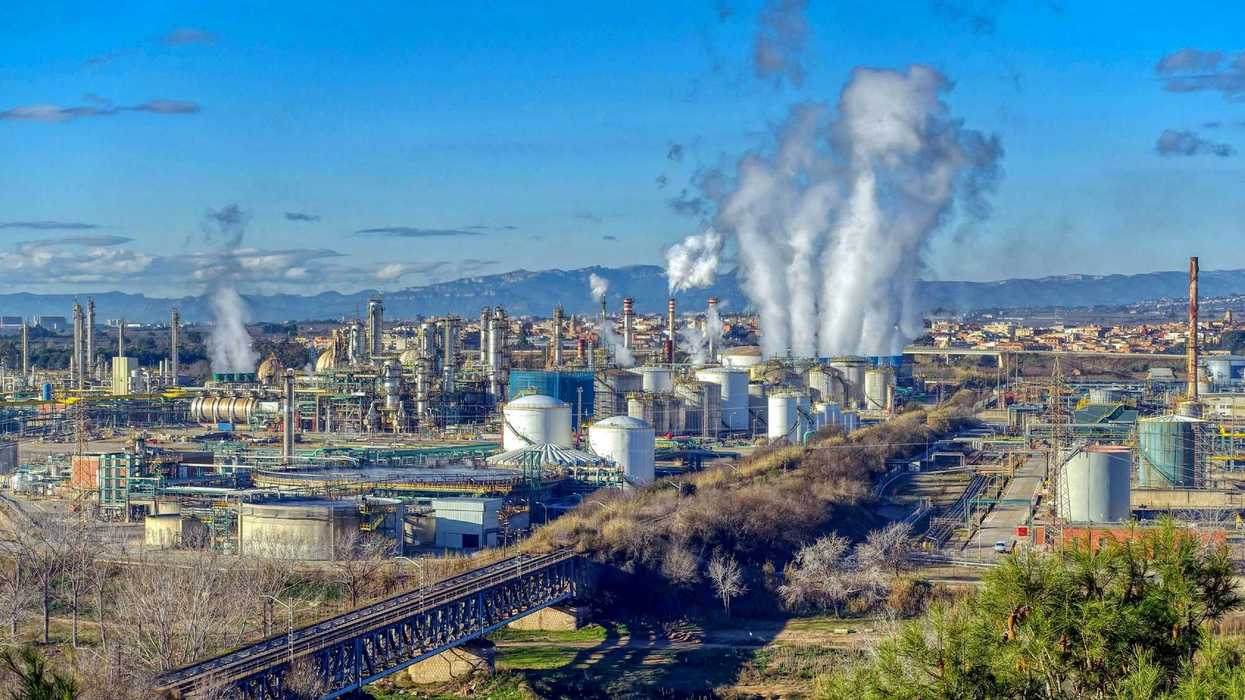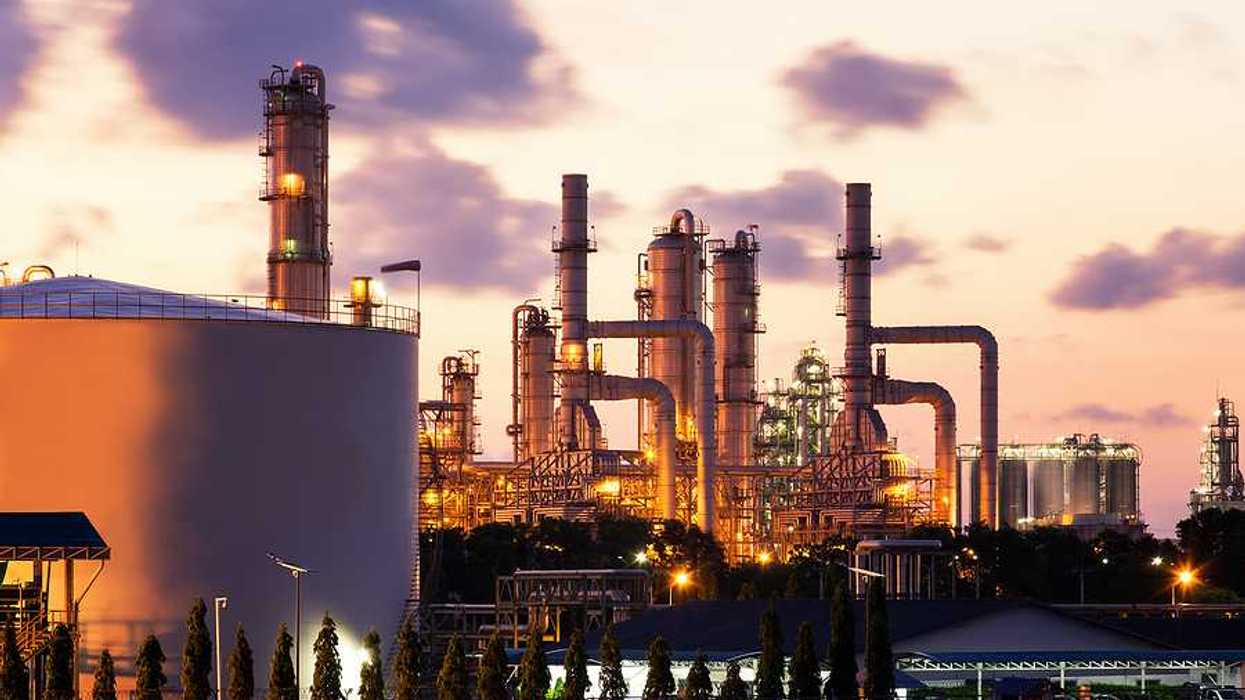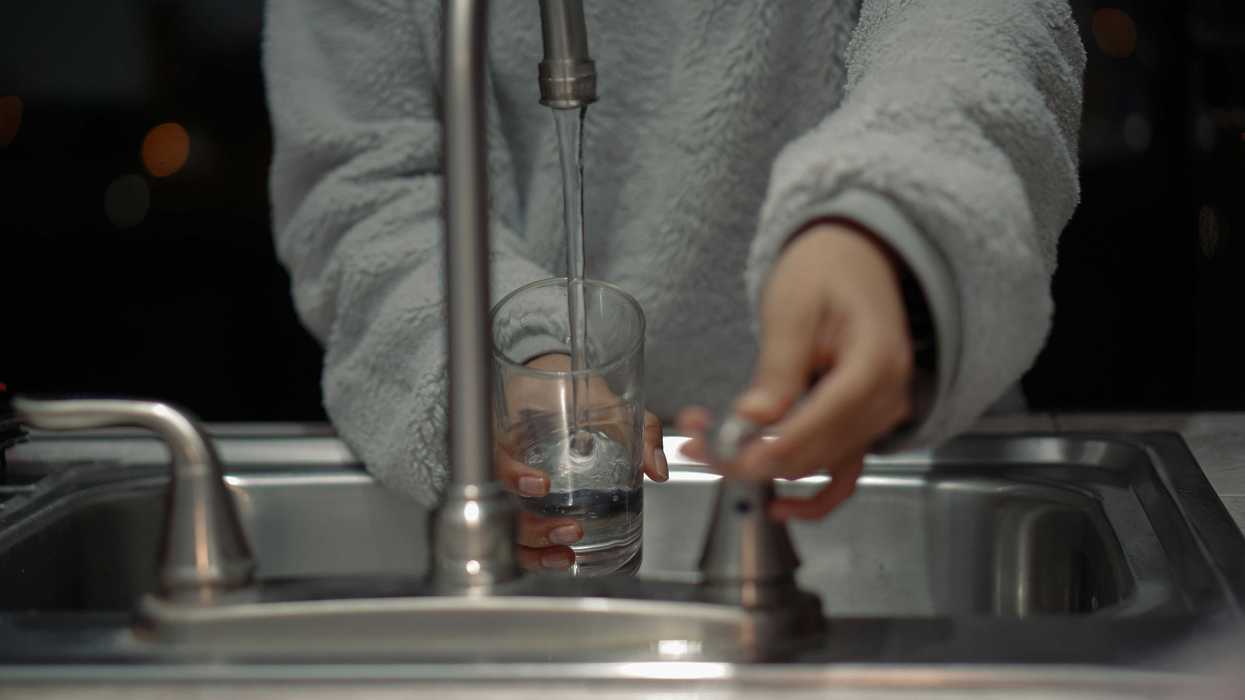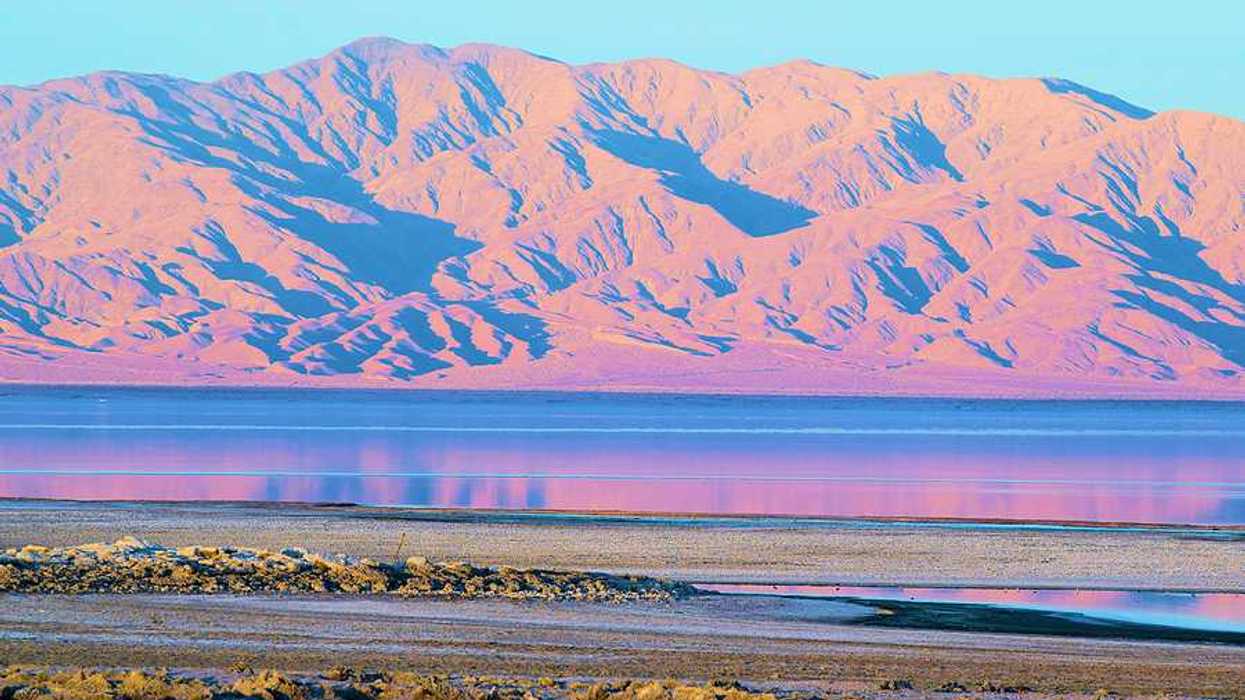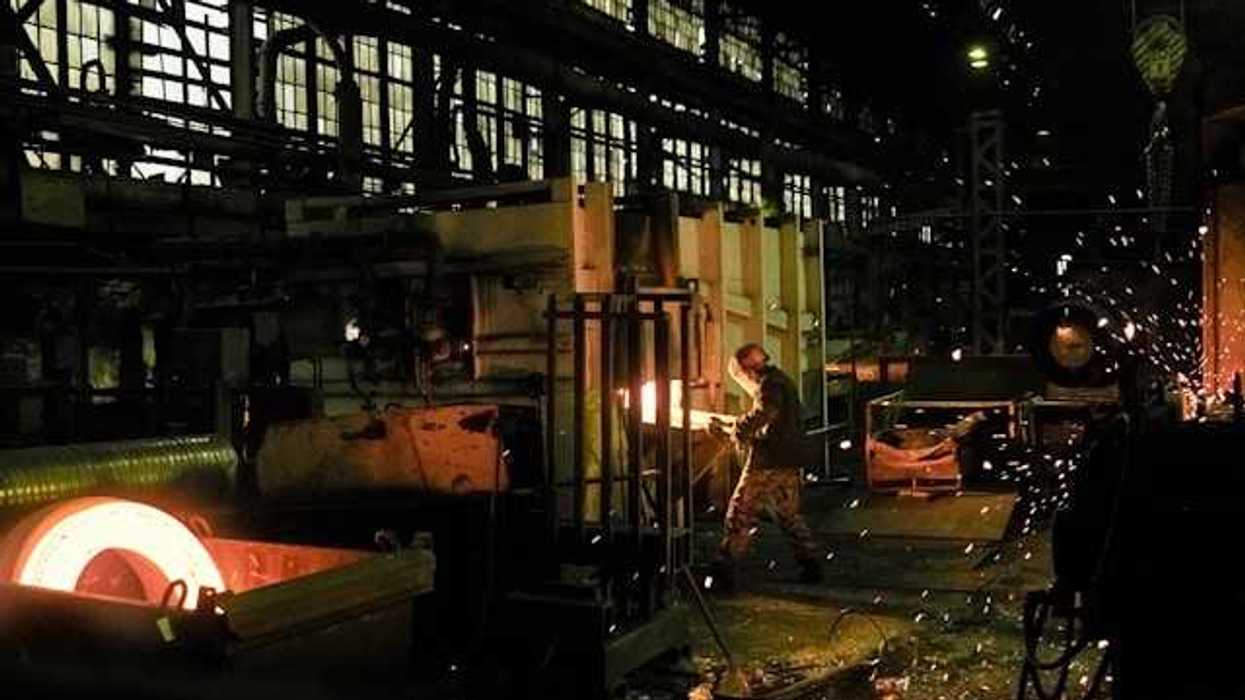The Los Angeles fires claimed 29 lives, most of them elderly, highlighting the deadly risks climate-intensified disasters pose to older adults.
Sarah Kaplan and Emily Wax-Thibodeaux report for The Washington Post.
In short:
- Older adults are nearly four times more likely to die in extreme weather events due to mobility issues, chronic conditions and social isolation.
- The fires devastated Los Angeles communities, wiping out homes and claiming the lives of elders like Rodney Nickerson, a community leader and Mark Shterenberg, a NASA engineer.
- Survivors say inadequate evacuation systems and outdated communication tools leave older people especially vulnerable in disasters.
Key quote:
“We used to think climate change was something that would happen to our children. We now understand it’s something already happening to our parents.”
— Andrew Schroeder, Direct Relief
Why this matters:
As climate disasters intensify, older adults face disproportionate risks. Mobility issues, chronic health conditions and social isolation all play a role. Evacuation plans and emergency response systems simply weren't designed with aging populations in mind. Climate change is rewriting the rules of survival, and right now, we’re leaving too many behind.
Read more: A disability should not be a death sentence during a natural disaster.



